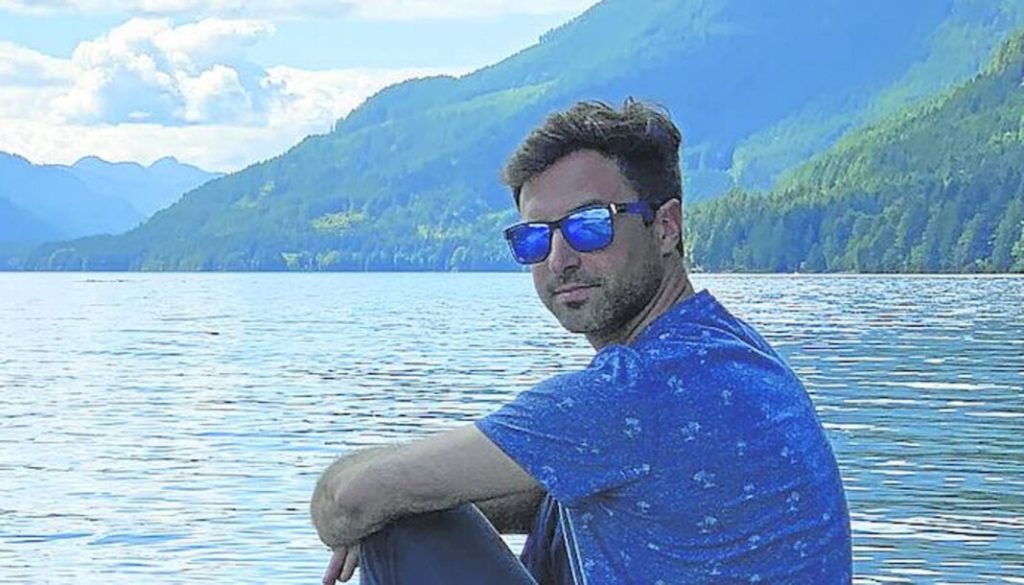
Rodrigo Mateos Cuervo (Candás, 1982), graduated in Environmental Sciences at the University of Leon, always wanted to travel and fly far. And Vancouver is from August 2016 its place in the world. “When I finished primary school, I had the idea of working in the environmental field in another country and with my English I could improve to consider myself bilingual,” he says. He saw an opportunity in Canada and jumped at it, because besides, “it’s a country with wild nature.” And in relation to his works.
He is happy. Although he advises that at work “blood and initiative need a little more”, he likes everything else, such as: “Respect and gratitude for your work and flexibility or work-life balance staff”. The person who works asks what they want, or like, or require and “it’s okay to say “I don’t know this and “I need help”.” which brings with it many extra hours and weeks of work without days, but then you have the same number of weeks without work or other projects, if you decide so, you can support it. I can say for what I need and mostly to travel,” he said. Among his trips, one is inexcusable, which is to see his family in Asturias in September and enjoy the Christmas festivities. “The place where you grew up is valued more when you leave and every time I go back to Spain, all over again with love, especially with my Asturias.”
There is something about Vancouver that I just don’t like anymore: the winters are long and dark. And it “has the best temperatures in Canada.” It is a luxurious city, and not too lively: “It is very quiet, not much happens and almost nothing is animated in the streets, art and culture in general.” The people are very polite, but it takes a lot to create strong and real connections with the locals.” Put another way: “British Columbia is a province that lacks soul.” But, “once you get used to it and build your friendships, it’s a good place to live, a beautiful city and “It’s nestled between huge mountains to the north and the Fraser River Delta to the south, if you want to go skiing. You can take city transportation and you’ll be in the mountains in no time.” the possibility of turning everywhere and the gastronomic offer of a multicultural panorama is drawn in the most appetizing way.
For his work, he continues to remote regions, especially in the West, such as British Columbia, Alberta or the Yukon, whose conclusion is clear: “A country as new as Canada can be completely moved by different people. parts of the world who, like me, came looking for new opportunities and better lives, this is a region of immigrants where we all communicate in English or French, but where accents and languages from half the world are heard, this brings. a lot for me, because there is nothing else to stimulate the mind and exist emotionally than to discover new cultures and the communication of knowledge, gastronomy, ways of thinking and seeing things with people who are so different from what you are used to.
And Asturias, friends, nature, deliciousness, are lacking among those who, when they live abroad, are the “best ambassadors” of the estate, which from a distance looks different, better. And returning is still an option, although I am currently waiting for Canadian citizenship. “In the medium or long term, I think life will tell me when it’s done enough and it’s time to go back or change the scene,” he concludes.